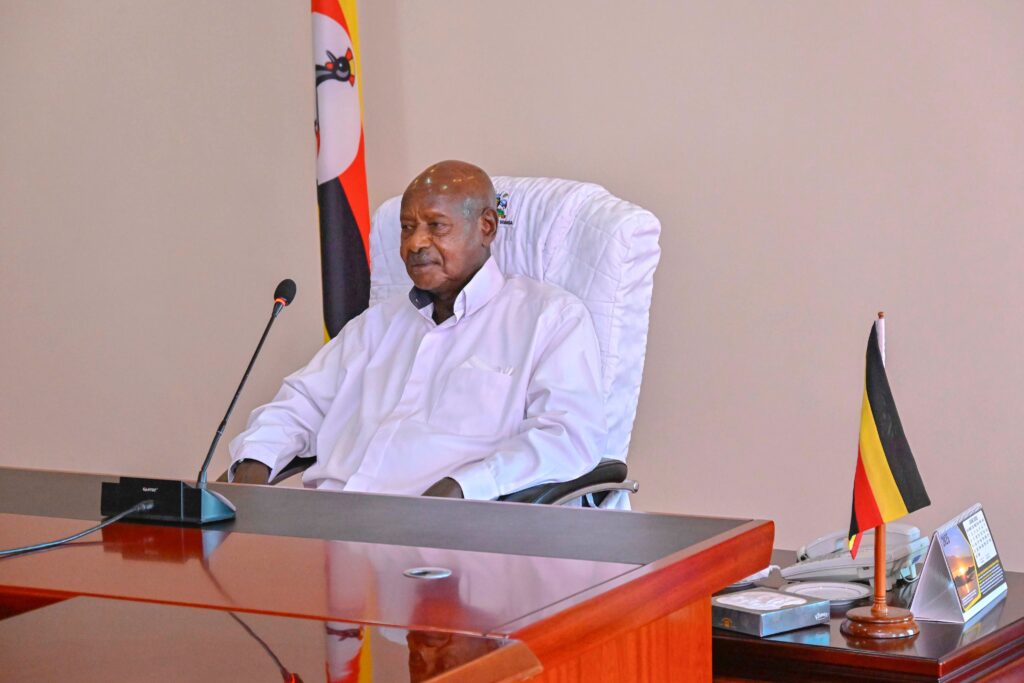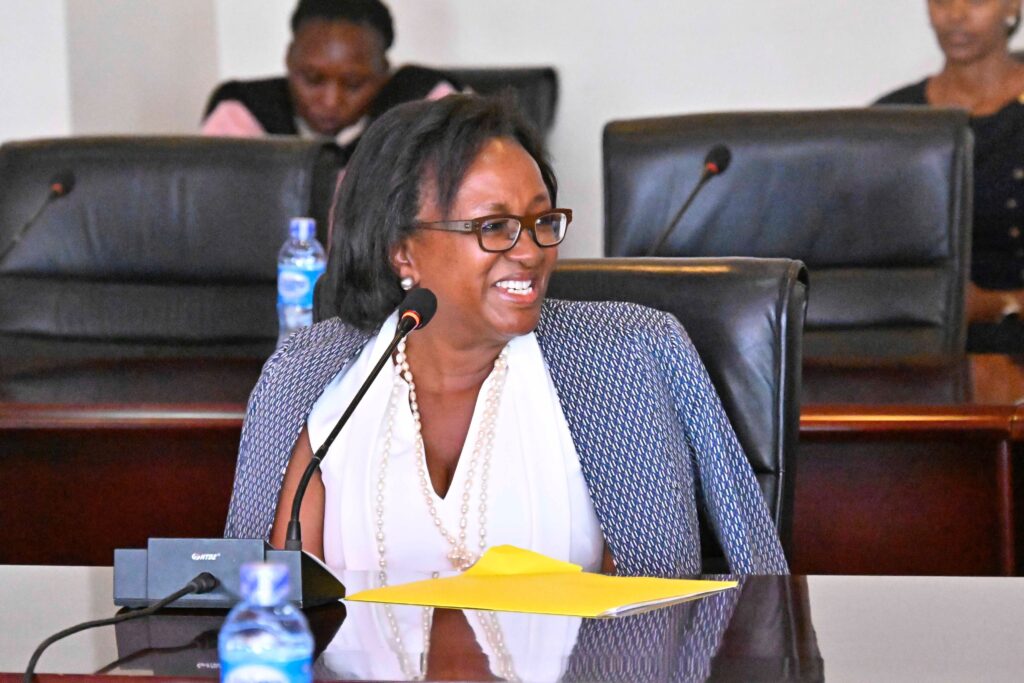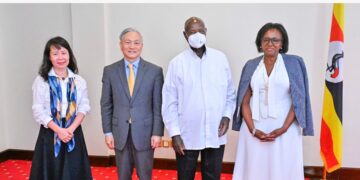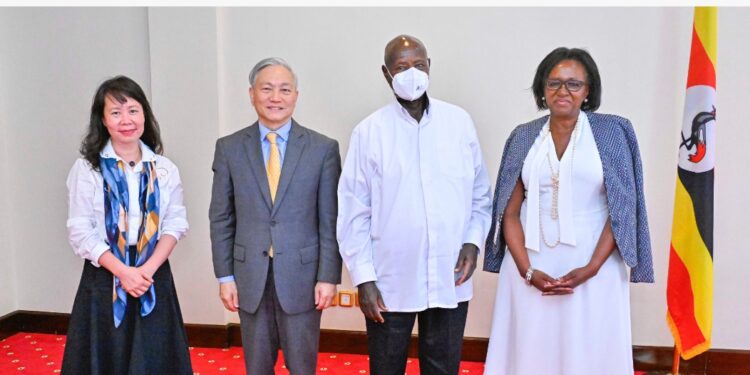Entebbe — President Yoweri Kaguta Museveni has received and bid farewell to Ms. R. Mukami Kariuki, the outgoing World Bank Country Manager for Uganda, during a meeting at State House, Entebbe.
Ms. Kariuki, who took up the role on August 1, 2021, has led the World Bank’s engagement with Uganda over the past four years, overseeing key development initiatives across sectors including infrastructure, education, health, and agriculture.
In a warm exchange, President Museveni commended Ms. Kariuki for her service and expressed appreciation for her contribution to Uganda’s development agenda.
“Thank you so much. I wish you good luck,” the President said.
Ms. Kariuki thanked President Museveni and the Government of Uganda for the collaboration extended to her during her tenure.
“Your Excellency, I appreciate the support and partnership we have had. It has been a pleasure working with Uganda,” she said.
Focus on Agricultural Transformation and Youth Jobs
The meeting was also attended by Mr. Qimiao Fan, the World Bank Country Director for Kenya, Rwanda, Somalia, and Uganda, based in Nairobi. Mr. Fan reaffirmed the Bank’s commitment to supporting Uganda’s transformation, particularly in agriculture, job creation, and renewable energy.

“Uganda has great potential. You have fertile soils, abundant sunshine for renewable energy, and a rapidly growing young population that needs jobs,” Mr. Fan observed.
He emphasized the importance of strategic investment in irrigation, transport infrastructure, and modern inputs such as improved seeds and fertilizers to unlock agricultural productivity.
“Despite your fertile soils, Uganda’s agricultural output remains low. With the right investments, farmers can access markets and increase yields significantly,” he noted.
Uganda’s Agricultural Strengths and Innovation
President Museveni outlined Uganda’s progress in agricultural research and innovation, citing the country’s ability to develop improved crop varieties through its research institutions.
“We already have improved seeds for crops like coffee, bananas, maize, cassava, and potatoes. Our scientists have done the work. What remains is ensuring that farmers can apply the technology through increased funding,” he said.
He highlighted the case of Prof. Florence Muranga from Bushenyi, who uses irrigation to harvest 53 tonnes of bananas per acre annually, compared to a regional average of 5 tonnes—a clear example of what is possible with proper adoption of modern methods.
Sustainable Use of Wetlands
The President also reiterated his administration’s plan to restore wetlands while promoting sustainable aquaculture.

“We want to move people out of wetlands and support them to practice fish farming along the periphery. This way, we restore the wetland and still use its water for irrigation,” he explained.
He further stressed the cultural importance of agriculture in Uganda, noting that crops such as millet, cassava, and bananas are indigenous and form a key part of the country’s heritage.
“Agriculture is part of our ancient identity. These crops are not foreign—they are part of who we are,” President Museveni stated.
Continued Collaboration
President Museveni concluded the meeting by reaffirming the government’s openness to deepening its partnership with the World Bank, particularly in sectors that promise sustainable and inclusive growth.
The farewell meeting marked the end of Ms. Kariuki’s impactful tenure and reinforced Uganda’s ongoing collaboration with the World Bank on its development journey.









